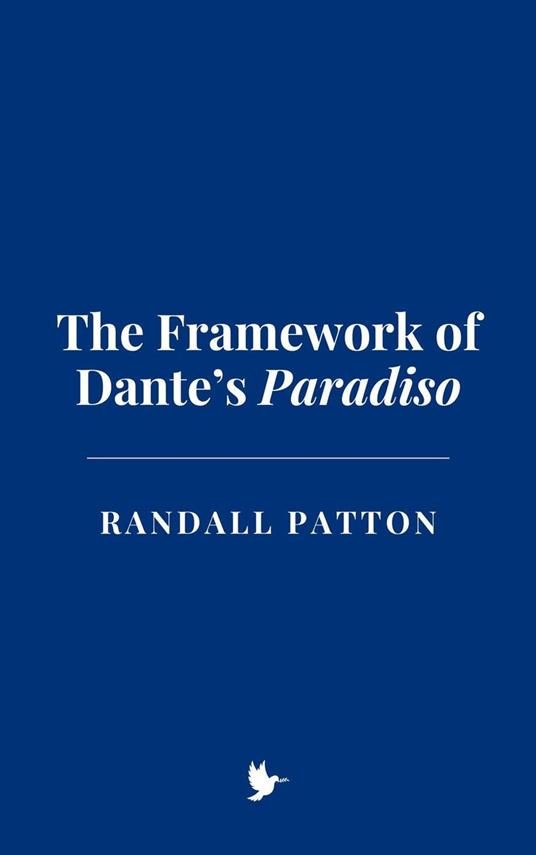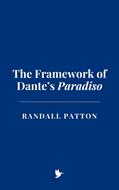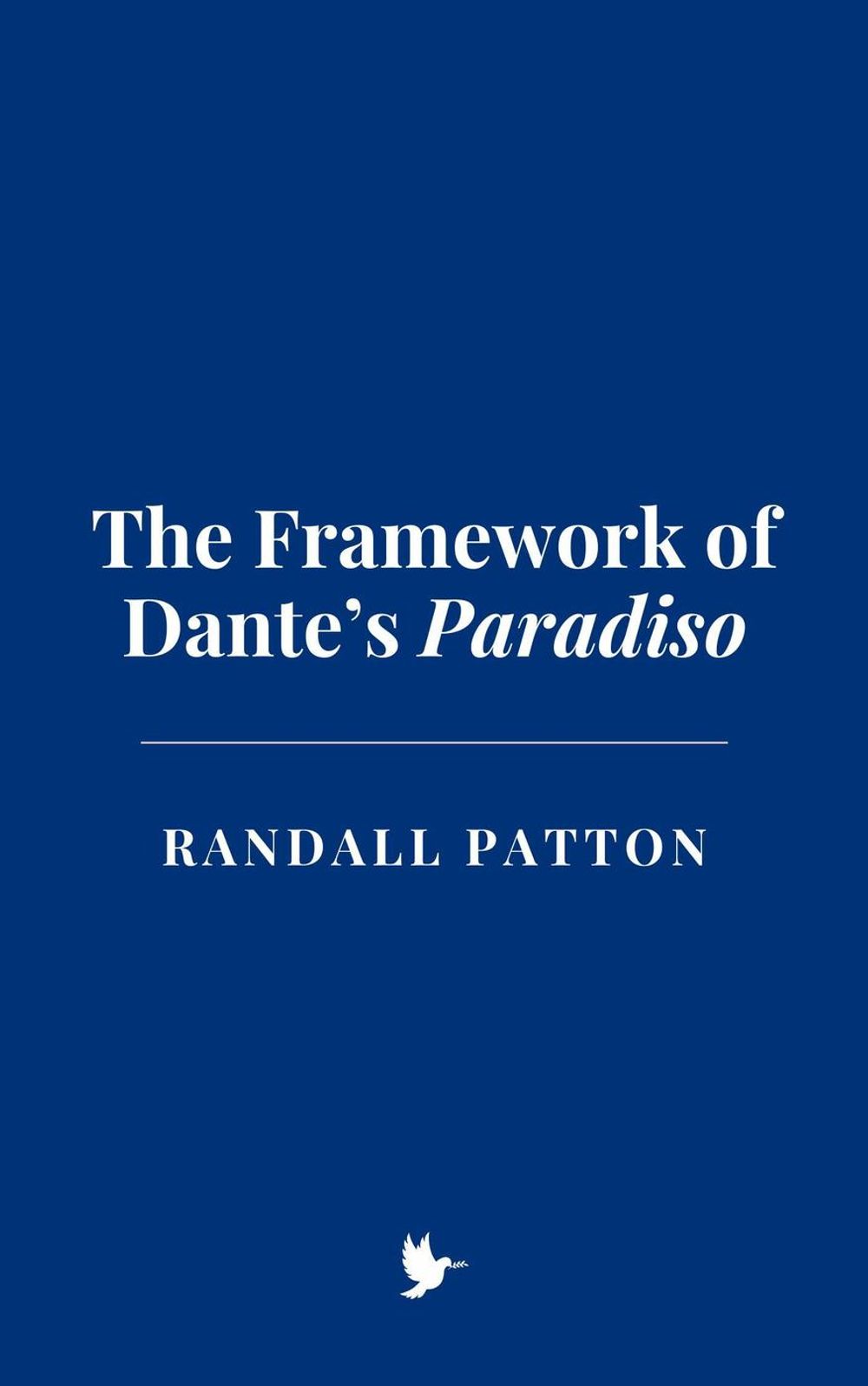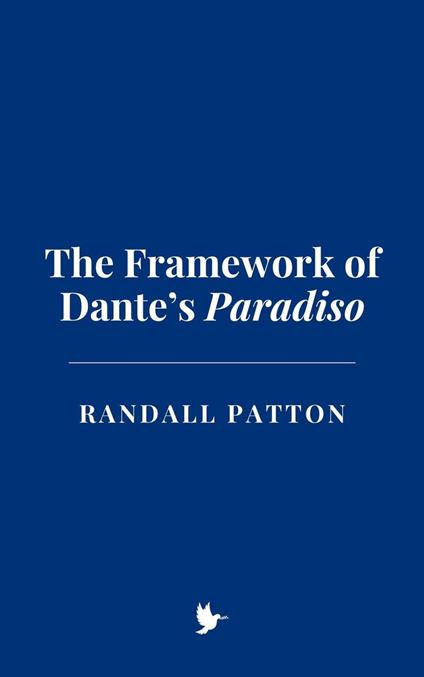The Theological Framework of Dante’s Paradiso
Dante Alighieri's Divine Comedy is one of the greatest literary works ever written, and Paradiso, the third and final cantica, represents the culmination of his journey through the realms of the afterlife. Paradiso is not merely a spiritual journey but a work of profound philosophical and theological inquiry that continues to captivate readers and scholars more than seven centuries after its creation. Written between 1308 and 1320, the Divine Comedy emerges from a tumultuous period in Italian and European history, marked by political strife, religious uncertainty, and profound intellectual development. Dante's work stands as a reflection of the medieval synthesis of classical philosophy and Christian doctrine, drawing upon a wide range of sources from Aristotle to Augustine, and from Virgil to Aquinas. Through Paradiso, Dante attempts to navigate the divine realm, offering a vision of Heaven that is both deeply personal and universally symbolic, where the soul's ascent toward God is portrayed as the ultimate goal of human existence.
-
Autore:
-
Anno edizione:2025
-
Editore:
-
Formato:
-
Lingua:Inglese
Formato:
Gli eBook venduti da Feltrinelli.it sono in formato ePub e possono essere protetti da Adobe DRM. In caso di download di un file protetto da DRM si otterrà un file in formato .acs, (Adobe Content Server Message), che dovrà essere aperto tramite Adobe Digital Editions e autorizzato tramite un account Adobe, prima di poter essere letto su pc o trasferito su dispositivi compatibili.
Cloud:
Gli eBook venduti da Feltrinelli.it sono sincronizzati automaticamente su tutti i client di lettura Kobo successivamente all’acquisto. Grazie al Cloud Kobo i progressi di lettura, le note, le evidenziazioni vengono salvati e sincronizzati automaticamente su tutti i dispositivi e le APP di lettura Kobo utilizzati per la lettura.
Clicca qui per sapere come scaricare gli ebook utilizzando un pc con sistema operativo Windows



